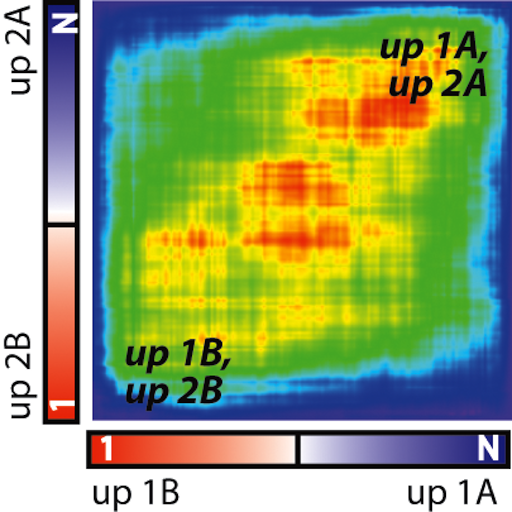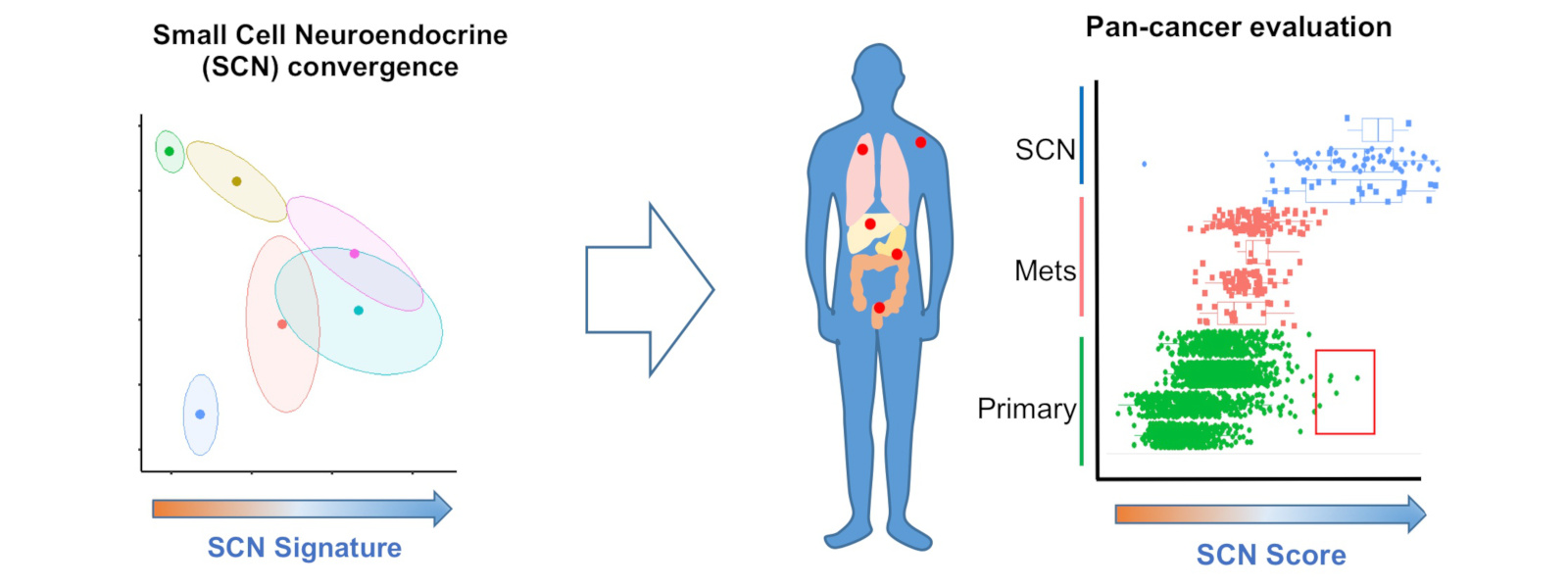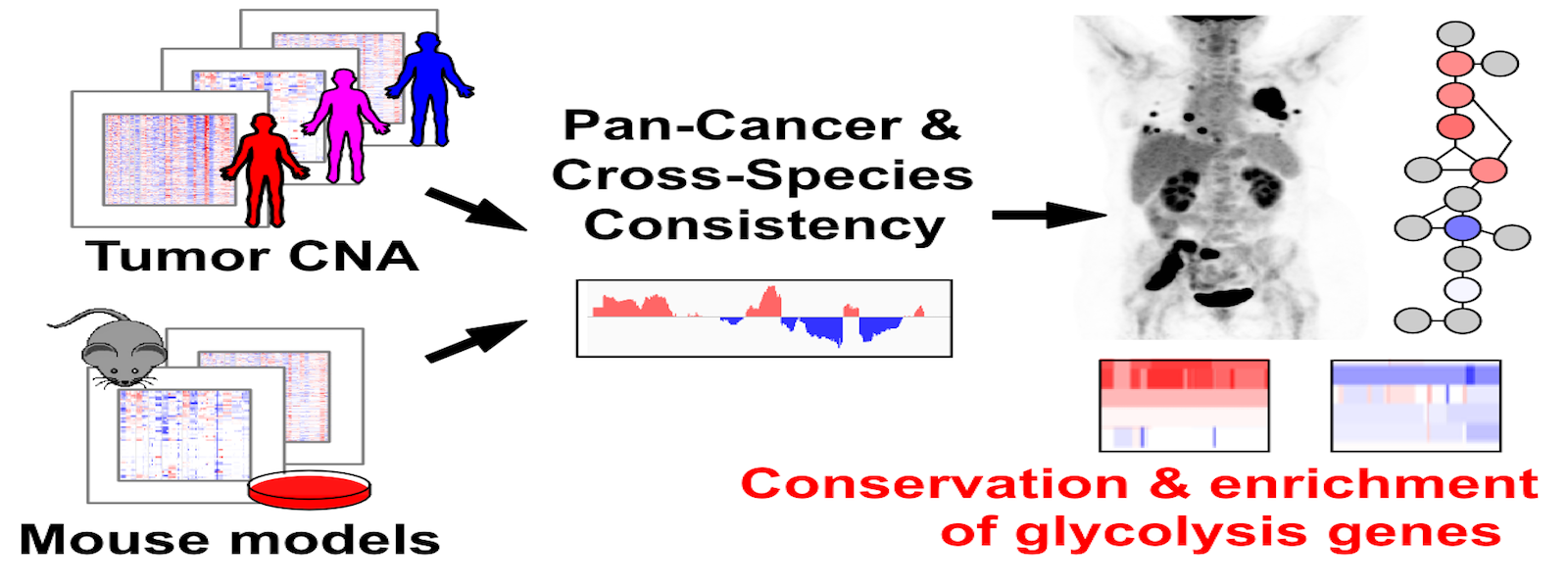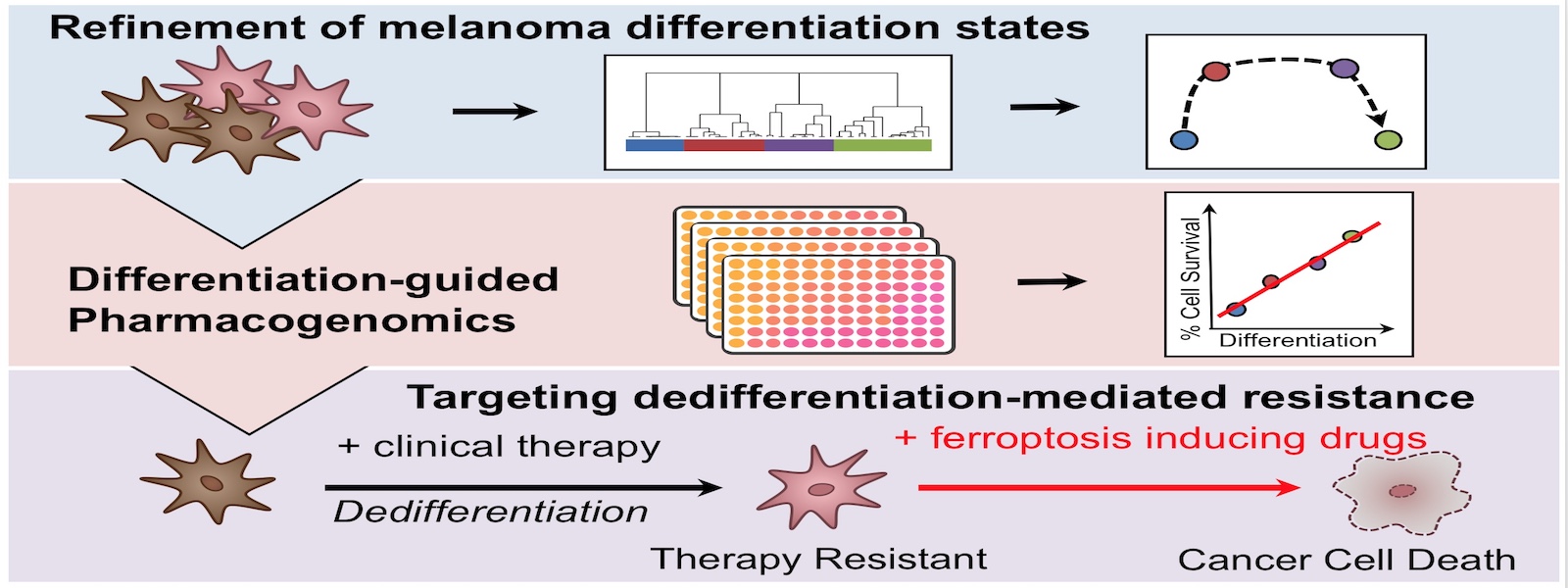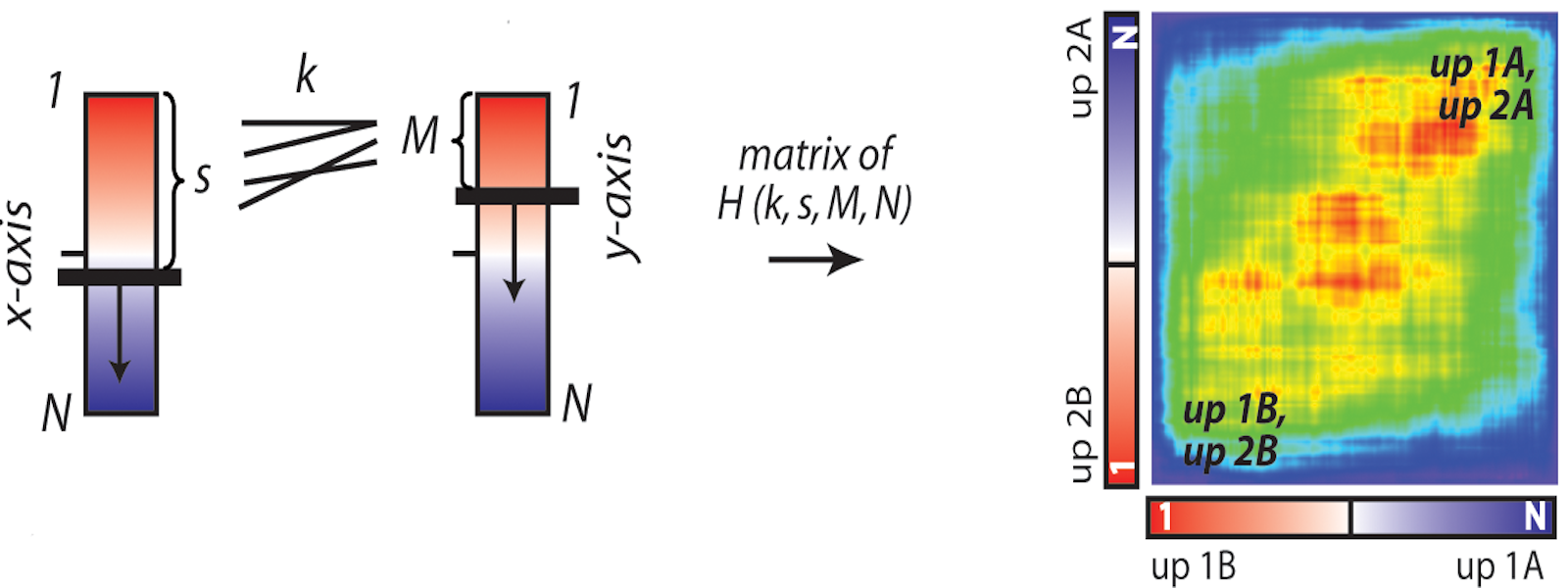Systems biology of disease, cancer and immune signaling and metabolism
Our group is working to understand cancer signaling and metabolism from a systems view. We focus on developing genome-, proteome- and metabolome-wide assays, and applying these assays to measuring and computationally modeling aberrant function in cancer cells. Through collaboration with clinical scientists, we work directly with patient samples and aim to translate our discoveries to clinical applications. We collect high dimensionality data using mass spectrometry-based phosphoproteomic and metabolomic profiling. To integratively analyze this data, we develop computational approaches aimed at overlaying the raw data with known signaling and metabolic network structures. A point of emphasis is how cellular signaling and metabolism is rewired when cancers become resistant to molecularly targeted therapies (e.g. the mutant BRAF kinase inhibitor used in melanoma). Our results have pointed us to the contributions of feedback loops in maintaining cancer signaling and metabolism homeostasis, and we are exploring therapeutic approaches to perturbing these loops synergistically to disrupt cellular equilibrium and induce death in cancer cells. In modeling cancer, one of our goals is to identify minimal sets of informative components that best reflect the state of the cell and serve as molecular targets for diagnostics, imaging, and patient tailored treatment. As with all of systems biology, our research relies on an interdisciplinary approach that merges biology, chemistry, mathematics and computation / bioinformatics.
We have a multidisciplinary lab with connections to the clinic, and emphasizing collecting large datasets in a well-designed fashion so that we can pull out informative patterns using computer algorithms. We primarily study the complexity of mis-wired cancer cells, and the elegance of systems programs enacted by immune cells to accomplish their specialized functions. We have expanding projects in the lab related to genomic instability in cancer, the associated DNA repair deficiencies, disrupting cancer trans-differentiation as a therapy escape route, and in cancer metabolism. We attempt to keep projects like these, and others on tumor immunology closely linked to current medical questions through collaborations with clinical scientists.
